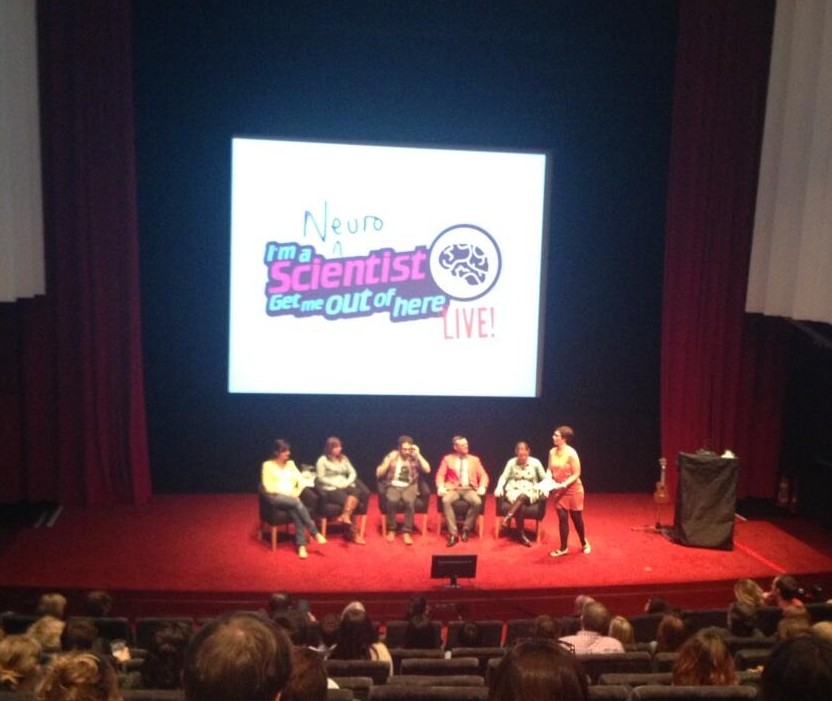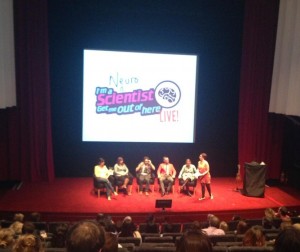One of my biggest fears is being publicly criticised. Most people share this fear, and therefore avoid exposing themselves to public scrutiny. Leaders don’t get hung up on this. They take a stand on tough issues and even voice an unpopular view because it’s the right thing to do. As I move forward with developing a women’s network at my workplace I’ve faced some challenges and awkward conversations. Talking about gender equality is a very emotive topic. If you work in the field of planning or sustainability, you face similar emotional reactions to topics like new development or climate change. Does it all boil down to the human dislike of change?
Dealing with an emotional reaction when you’re talking to a client, colleague or any other audience takes practice and a lot of inner strength. I think it’s important to be honest and calmly explain what you believe to be true. But I’ve seen myself shy away from this and respond by dodging the bullet: “Well, some people would argue that…” Last night I saw this happen on stage at a brilliant event for science nerds. It was a fantastic lesson in what not to do.
The event was called I’m a neuroscientist get me out of here. It involved 5 scientists responding to random questions from an audience in a game show style event. The most succinct and entertaining scientist won a prize for charity. The lesson I learned was about their response to this awkward question: ‘Is there a link between autism and the MMR vaccine’. It didn’t appear that this question was loaded and seeking a big debate. But the scientists on stage knew about the ongoing controversy and persistent dissemination of potentially dangerous advice on this topic (read fantastic summary in the Guardian 6 April 2013: ‘Andrew Wakefield: autism inc’.
Three of the scientists had a turn at responding to the question. I doubt that uninformed audience members would have understood their responses. The speakers had been quite eloquently answering a stream of random science questions in 60 seconds or less. But clearly the emotions evoked by this question had them all speaking gobbledygook. I don’t think it was just emotions. It was also the fear that they might get some small detail of the response wrong and risk a debate that would miss the bigger point.
I don’t claim that I could have done it better if I were on stage. But I think the right answer would have started with a simple ‘no’ and then gone on with a bit more detail from there. The take home message for people who work in controversial areas like planning and sustainability is that we need to be able to speak eloquently when we are challenged. This is essential if we are going to be heard in a conversation that is likely to be skewed by emotion. Part of our continuous professional development should be talking about complicated issues with people who don’t think like us. And in doing this we shouldn’t be afraid of saying what we really believe. In the case of the autism question there is peer-reviewed evidence and ‘belief’ doesn’t need to play a part. But it still takes guts to argue your side.


